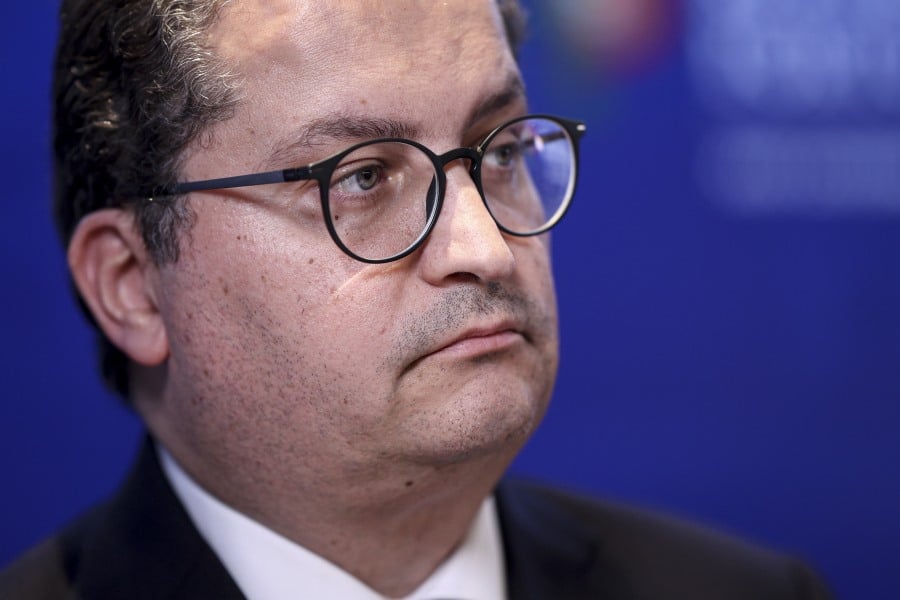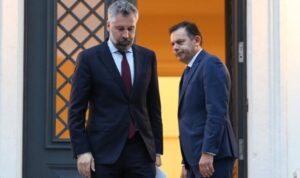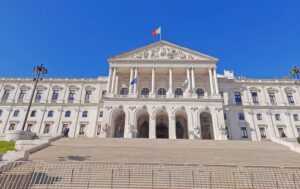Finance minister says he has “no intention” of complying
The European Commission wants Portugal’s government to backtrack on the Petroleum and Energy Products Tax benefit, after finding that the State Budget for 2025 “is not in line”, writes Lusa today.
“The Commission’s opinion on Portugal’s draft budget plan for 2025 is that, on the whole, it is not fully in line with the Council’s budgetary guidelines”, an official source told the State news agency, which is why “we invite the Portuguese authorities to take additional and necessary measures to reduce emergency energy support measures fully.”
This invitation is an elegante way of saying ‘reduce support now’ – something finance minister Joaquim Miranda Sarmento has said the government has no intention of doing.
There is good reason for Sarmento’s stance: people would be horrified by further taxes on fuel (already considered far too expensive when compared, for exemple, with prices in Spain).
According to Lusa, emergency supports still in place (namely the general reduction in ISP, the so-called carbon tax) will weigh 0.5% of GDP in 2024, and 0.1% in 2025 – both figures that do not delight Brussels.
In an interview with Lusa and other international media yesterday, the European Commission’s vice-president Valdis Dombrovskis emphasised: “As far as next year’s budget plan is concerned, Portugal is projecting a growth in net expenditure, but that’s not a problem, the issue is that we have been recommending – and the Council has been endorsing this recommendation – that member states should progressively withdraw the emergency energy support measures that were introduced following Russia’s aggression in Ukraine and the increases in energy prices.”
On the day he presented Brussels’ assessment of the 2025 budget, submitted by Lisbon in mid-October, Dombrovskis explained that “this (support related to the energy crisis) must now be eliminated”.
This is why Portugal’s State Budget plan is not considered to be “fully in line”.
As EU rules dictate, the government supplied the Commission with its budget proposal over a month ago. Every year, euro countries have to do this for assessment as part of the EU’s public policy monitoring and coordination process.
When the government sent its document to Brussels, it promised “budgetary responsibility” while maintaining a surplus and a “sustained reduction” in public debt, writes Lusa.
This ‘news’ comes at a very sensitive moment: the final overall vote on the budget proposal is scheduled for around 48-hours time. ND
Source material: LUSA




















